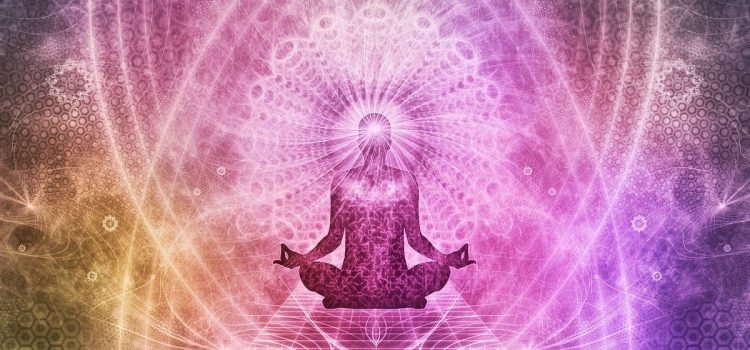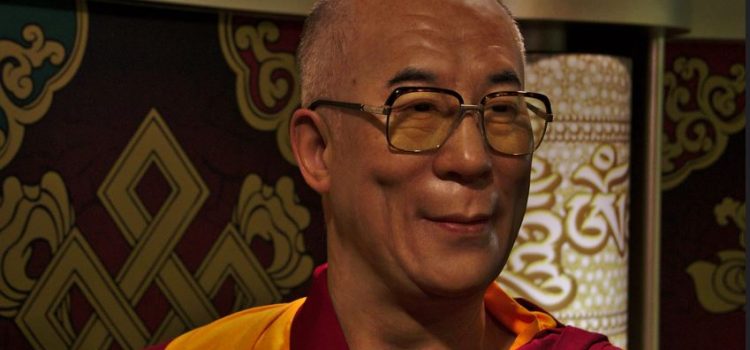What is “inner engineering”? Did you know that practicing yoga can help you transform yourself, both inside and out? In his book Inner Engineering, renowned yogi Sadhguru provides readers with an introduction to his transformative yogic method he calls “inner engineering.” He mostly focuses on philosophical concepts, but he does offer some basic practices you can do to put some of these concepts to work in your own life. Here are some practical recommendations from yogi Sadhguru’s book.
What Is Inner Engineering? Sadhguru’s Method, Explained










